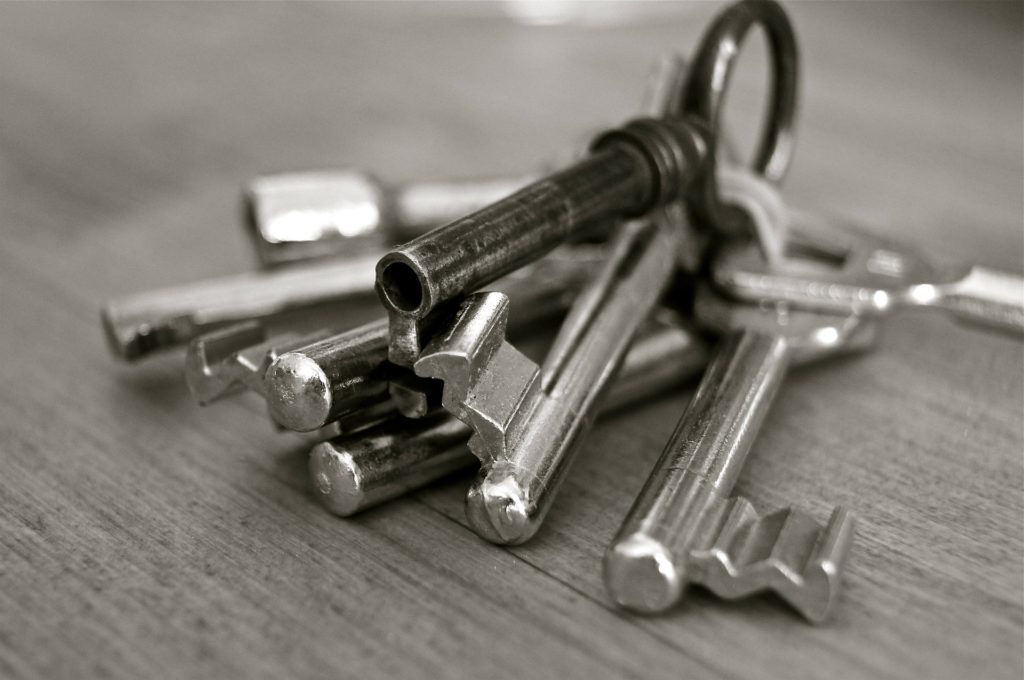You’ve just bought your first investment property and now you’re thinking of becoming a Philadelphia landlord. The house is in good shape and you want to have tenants fill the property so you can earn some passive income. It’s a great investment opportunity, especially in a city like Philadelphia. However, becoming a landlord means taking on a lot of responsibility.
Not only are you responsible for keeping tenants in your property, but you must also keep the property in good condition. That means if the dishwasher goes on the fritz, you have to reach into your pockets to fix it for your tenants.
Before you even find tenants for your property, there are a few things you need to do before becoming a Philadelphia landlord. Here’s a quick guide to help you get ready to start making money from your latest property investment.
Why Become a Philadelphia Landlord?
Philadelphia is a city full of property investment opportunities. With low property taxes and up and coming neighborhoods, it’s every real estate investor’s dream! This means you can find great property deals on and off the market to start your portfolio.
Philadelphia is also a major city with plenty of residents, especially young professionals, who aren’t ready to buy a home yet. So, they look to rent an apartment until they decide to settle down. That means there are endless opportunities to find tenants.
Finding Your Investment Property
The first step to becoming a Philadelphia landlord is to find the right investment opportunity. That means scouring on and off market deals and playing around with numbers until you find a property that makes sense for you. It helps tremendously to work with a real estate agent who is familiar with the city. They can offer priceless advice and insight on your investment.
Check for Violations
Once you own your property and fix it up for tenants, if necessary, you’re ready to check for any violations. You probably already did this in the process of buying the property, but it never hurts to check it again. You can go to the License and Inspections office or their website to see if there are any violations that must be resolved. These must be fixed before you apply for any permits or licenses.
Check Zoning and Obtain Permits
Be sure to check the zoning of your property. If your property is zoned RSA5, it is zoned for a single family home. This means more than three unrelated tenants cannot live in the property. It’s always a good idea to check the zoning before searching for tenants. If needed, you can apply to change the property’s zoning code.
Next, you’ll have to obtain a Certificate of Occupancy if you own a multiunit with 3 or more units. This is a certificate stating that your property is up to code and suitable for habitation.
Apply for a Rental License
To legally rent out your property as a Philadelphia landlord, you will need to apply for a rental license. It’s an easy process, but can be time consuming. First, you’ll complete the application at home. Then you will go down to 1401 JFK Boulevard to turn in your application and wait for it to be processed. You only need one rental license per property, not per unit, you plan to rent out. The cost for a rental license is $55 plus tax per year.
Click to Find Your Investment Opportunity Today!
Get Familiar with Landlord-Tenant Law
Every city and state has their own laws when it comes to landlords and tenants. As a Philadelphia landlord, you should be familiar with the city’s laws concerning the rights of landlords and tenants. Learn what you can and cannot use your tenants’ security deposit on and where you need to keep it during their lease. Learn about the eviction process and what can cause an eviction. This knowledge will be helpful if any problems arise between you and your tenants.
Prepare for the Responsibility
It isn’t easy being a landlord. Landlords are responsible for providing their tenants with properties suitable to live in and act fairly in accordance with the lease. Be prepared to fix broken appliances and hear complaints from your tenants. Be prepared to collect rent and sometimes lay down the law if rent doesn’t show up on time.
Ready to Become a Philadelphia Landlord?
If you’re ready to start your journey to become a Philadelphia landlord, start browsing the real estate market for your first investment property. Talk to an experienced real estate about different neighborhoods, trends, and more to make an educated purchase. Apply for your licenses and permits while reading up on landlord-tenant law too. Once you follow these steps, you’ll be a Philadelphia landlord ready to welcome new tenants to your property.
About Agent Lady: Cherise Wynne is a leading real estate agent in Philadelphia, helping home buyers and sellers navigate the City of Brotherly Love, with a special focus on first time home buyers. To chat about getting started with your first time home buying experience, click here.



